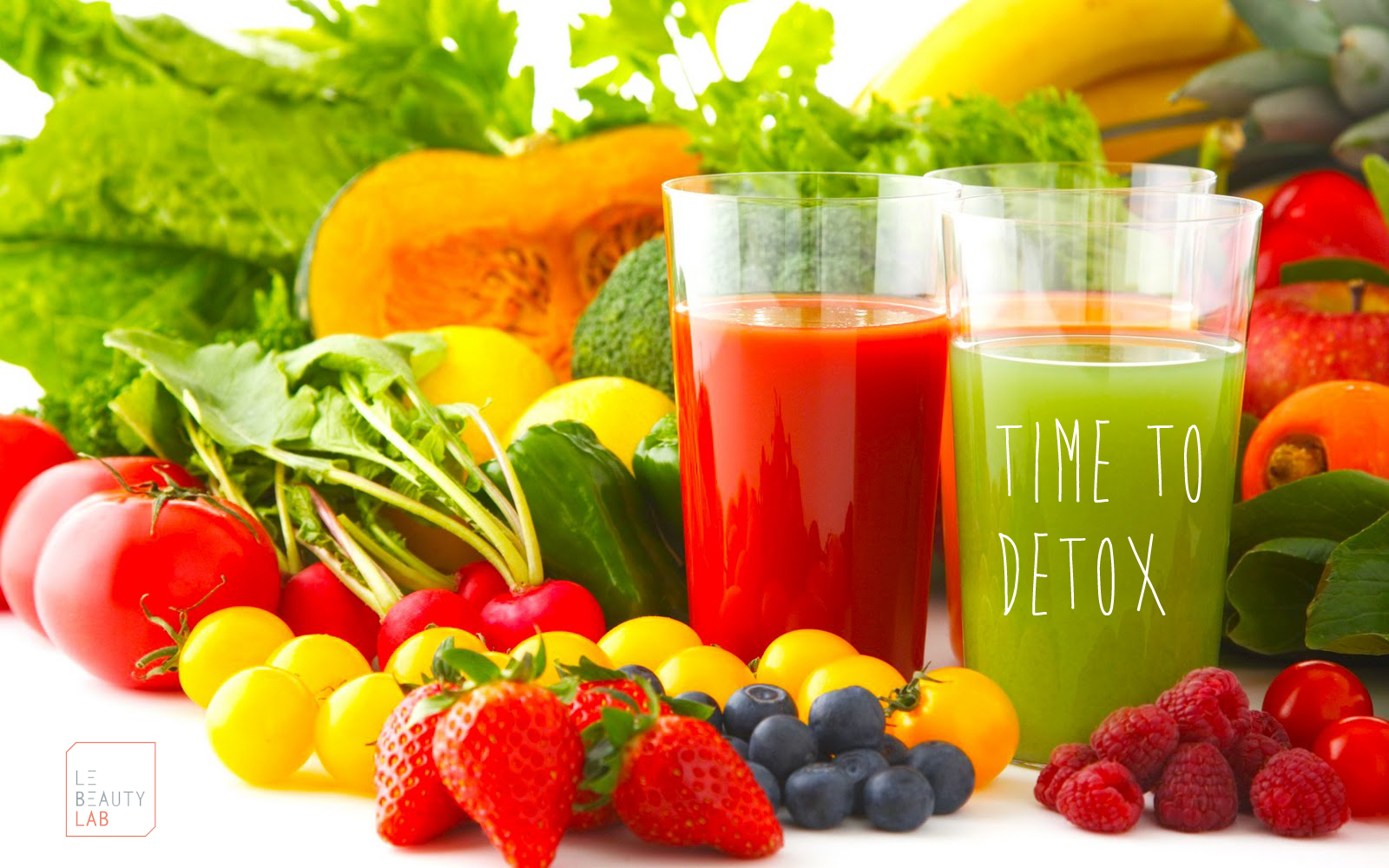Its not just what you eat but how you eat and treat food adds up to good nutrition careless storage and cooking of fruits and vegetables can destroy precious vitamins thus, treat them right and they will treat you right.
How foods are cooked can have a big impact on their nutrient content. That’s because many vitamins are sensitive to heat and air exposure (vitamin C, the B vitamins, and folate in particular). Loss of nutrients increases as cooking time increases and with higher temperatures.
Cooking methods that minimize the time, temperature, and amount of water needed will help to preserve nutrients. Steaming is a great way to cook vegetables quickly and retain valuable nutrients. Microwave cooking is also good because it uses minimal water, and the cooking time is very short. Stir frying is another way to quickly cook a variety of vegetables.
- Wash all fresh produce under running, drinking water before peeling, cutting or eating. The wash water temperature should be 10° F warmer than the temperature of any produce being washed to prevent thermal shock and absorption of water and bacteria to the inside cells.
- Do not soak vegetables in water for longer period of time.
- Do not cut and wash vegetables as water-soluble vitamins are lost.
- Do not peel vegetable like carrots, cucumber as peels contain fiber, which is essential for good health.
- Steam vegetables rather than boiling.
- Do not throw excess water used for cooking vegetable. It can consumed as soup.
- Use minimum amount of water for cooking and cook only until they are tender crisp.
- Whenever possible, cook vegetables in large pieces since small pieces lose more nutrients.
- Cooking methods such as roasting, baking and steaming are preferable instead of frying and grilling.
- Refrigerate fresh produce within two hours of peeling or cutting. Throw away leftover cut produce if left at room temperature for more than two hours.






